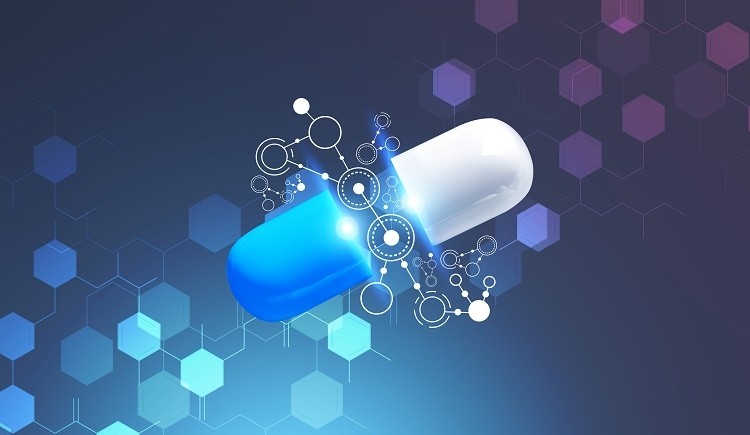Artificial intelligence (AI) technology leads to a breakthrough in medicine development.

Scientists have created a revolutionary method that can help in medication development by combining active learning and interpretable AI.
What does this indicate for the future of medication development?
Scientists have highlighted that by combining active learning and interpretable Artificial Intelligence (AI), they were able to arrive at a good result, indicating that this unique technique has the potential to be used in drug development.
“Recently, promising progress has been achieved in the use of AI for drug design. But, as co-author Jianzhu Ma, Ph.D., a specialist and associate professor of AI at Peking University, stated, “we are still far from certain that these early discoveries could be transformed into more effective pharmaceuticals with a high success rate.” “Understanding how to maximise the utility of data is critical to developing effective AI for drug discovery.”
What drawbacks have scientists identified with this technology?
The researchers pointed out that the linear paradigm of traditional AI-assisted drug development is a fundamental drawback. The prior phase of AI prediction models is merely a “informed guess” without constant feedback from downstream experimental outcomes.
While active learning, a subdomain of AI, creates a virtual feedback loop between AI modelling and downstream experimental evaluation, potentially improving the final result.
Furthermore, the ‘black box’ that often surrounds traditional AI models prevents scientists from seeing the hypothesis & logic that even the algorithm employs for data mining. However, for creating a right molecule, the internal reasoning behind a forecast in the drug discovery process is critical.
What will be the following steps in the implementation process?
According to the researchers, “the AI model should reveal how it arrives at a certain prediction, depending on which training molecules.” This is due to the fact that explainable AI is a hot topic in the field of machine learning.
“Data & computation will be tightly integrated within next decade’s AI-based medication discovery,” Ma said, “where interpretable AI & experimental biology create an active-learning loop & inform one another with feedback.” “It will incrementally improve the process and create interpretable information that scientists may monitor, analyse, and comprehend at every stage of drug development,” says the company.